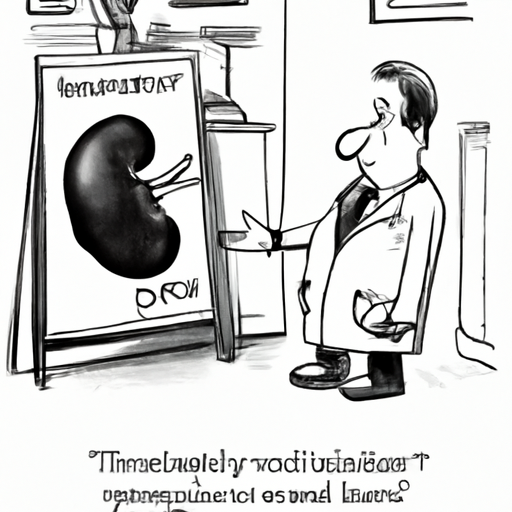Understanding Kidney Stones
Kidney stones, also known as nephroliths, are hard, mineral-rich deposits that form inside your dog’s kidneys. Just like you take care of a loved one, it’s crucial to understand what causes these stones in order to provide the best care for your furry friend.
Firstly, there’s a balance of minerals and fluid in your dog’s urine. When this balance is disrupted, stones can form. Stones can be made up of different types of materials, including calcium, struvite, urate, or cystine. Each type of kidney stone has different causes, but all types can lead to discomfort and serious health problems for your pet.
Causes of Kidney Stones
There are several causes of kidney stones in dogs. The factors that can increase your dog’s risk of developing kidney stones include:
-
Diet: Certain foods can increase the chance of kidney stones forming. For example, a diet high in protein, calcium, and sodium can increase the risk of certain types of stones.
-
Dehydration: Not drinking enough water can cause your dog’s urine to become concentrated, which can lead to stone formation.
-
Urinary tract infections (UTIs): These can lead to the formation of struvite stones.
-
Genetics: Some breeds are more prone to kidney stones than others, likely due to genetic factors.
Remember, a healthy lifestyle can reduce these risks.
Symptoms of Kidney Stones
While you can’t see inside your dog’s kidneys, you can watch out for the following symptoms which might suggest the presence of kidney stones:
- Frequent urination
- Blood in the urine
- Urinating in unusual places
- Pain during urination
- Lethargy
- Abdominal pain
If you notice any of these symptoms, it’s important to get your dog checked by a vet as soon as possible.
Treatment and Prevention
The treatment for kidney stones in dogs depends on the type of stone and the severity of your dog’s symptoms. It might involve dietary changes, medication, increasing water intake, or in severe cases, surgery.
Prevention is always better than cure. To prevent kidney stones:
- Ensure your dog has access to clean water at all times.
- Feed your dog a balanced diet. Avoid feeding them human food high in sodium and other minerals.
- Regular vet check-ups are essential.
Frequently Asked Questions
Q: Can dogs pass kidney stones naturally?
A: Yes, small stones can sometimes pass naturally. But larger stones might need medical or surgical intervention.
Q: Can diet cause kidney stones in dogs?
A: Yes, certain diets can increase the risk of kidney stones in dogs.
Q: How are kidney stones diagnosed in dogs?
A: Diagnosis usually involves a physical exam, urinalysis, and imaging tests like X-rays or ultrasound.
Q: Can kidney stones be prevented in dogs?
A: While it’s not always possible to prevent kidney stones, a healthy diet and lifestyle can significantly reduce the risk.
Remember, your dog relies on you for their health and wellbeing. It’s essential to understand what causes kidney stones, know the symptoms, and take steps towards prevention. Your furry friend is counting on you!



